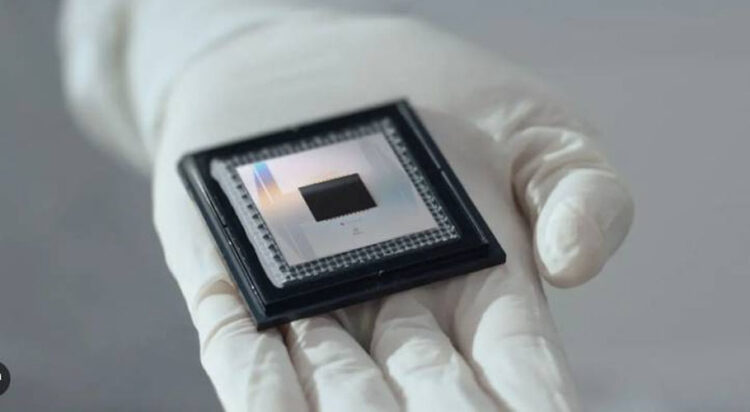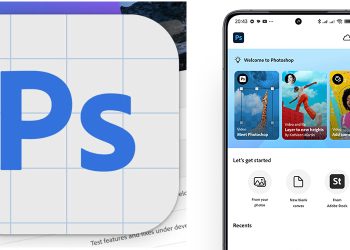Google has unveiled a new quantum computing chip, called “Willow,” which it claims represents a significant breakthrough in the quest to make practical quantum computing a reality. The chip is capable of completing in minutes what would take the world’s most advanced supercomputers 10 septillion years to achieve, according to Hartmut Neven, the founder of Google Quantum AI.
Neven explained the scale of the achievement, noting that 10 septillion years is a number written as a 1 followed by 25 zeros—an almost incomprehensibly large amount of time.
Google’s quantum computing team, which consists of approximately 300 members, is working towards developing technology that could solve previously impossible problems, such as producing safe fusion power and combating climate change. Neven emphasized that while quantum computing is still in its early stages, Willow is a significant milestone toward achieving practical applications in fields like drug discovery, fusion energy, and battery design.
Google CEO Sundar Pichai also expressed optimism on X, stating, “We see Willow as an important step in our journey to build a useful quantum computer with practical applications.” However, Pichai acknowledged that it will take years before a quantum computer is able to tackle these complex challenges.
Despite the challenges that remain, scientists are optimistic that quantum computing will eventually revolutionize various industries. The field has garnered significant attention, with both the United States and China investing heavily in quantum research, while Washington has also imposed restrictions on the export of this sensitive technology.
According to independent expert Olivier Ezratty, approximately $20 billion in private and public investments have been made worldwide over the last five years in quantum research.
Traditional computers operate using binary bits, which represent data as either 1 or 0. In contrast, quantum computers use qubits, which can represent both 1 and 0 simultaneously. This property allows quantum computers to perform massive calculations and explore many potential outcomes at once.
A key feature of Google’s Willow chip is its ability to exponentially reduce computational errors as it scales, a challenge that has eluded researchers for nearly three decades. This breakthrough in error correction, published in the prestigious science journal Nature, demonstrates that adding more qubits to the system actually reduces errors rather than increasing them—an essential requirement for building practical quantum computers.
Julian Kelly, Google’s director of quantum hardware, expressed confidence in their progress, stating that error correction is considered the “end game” in quantum computing, and Google is “confidently progressing” towards achieving it.



































